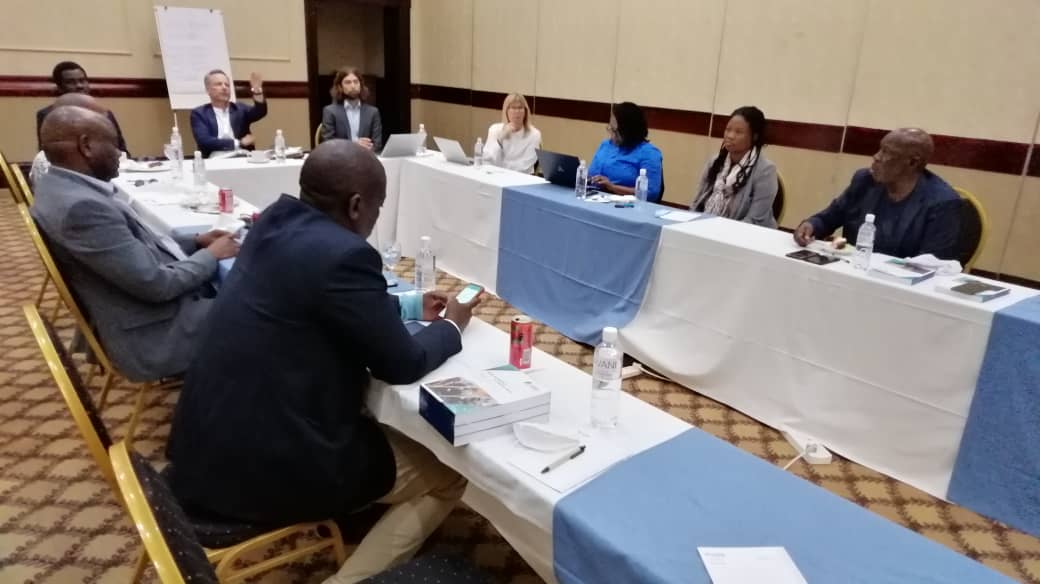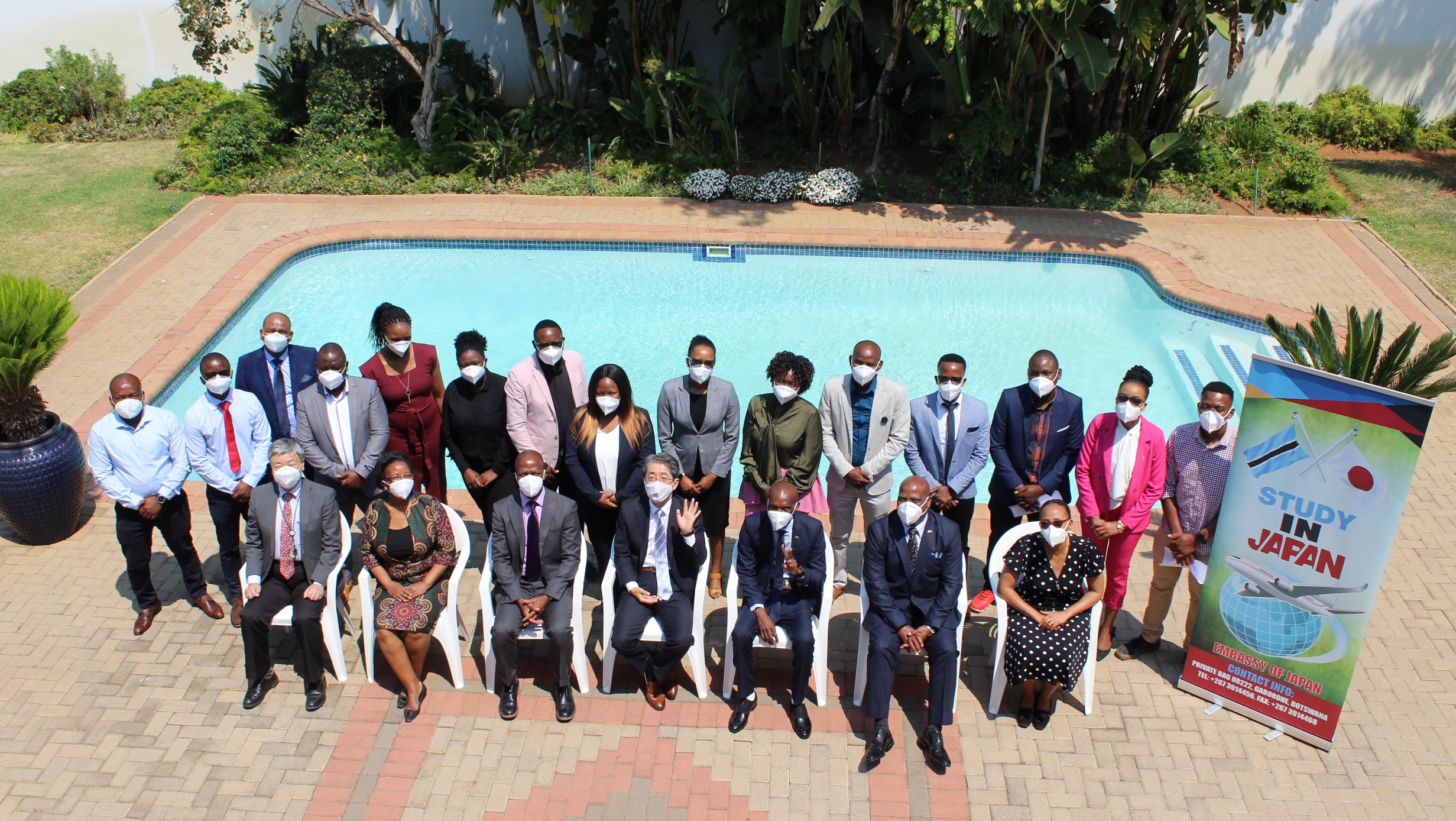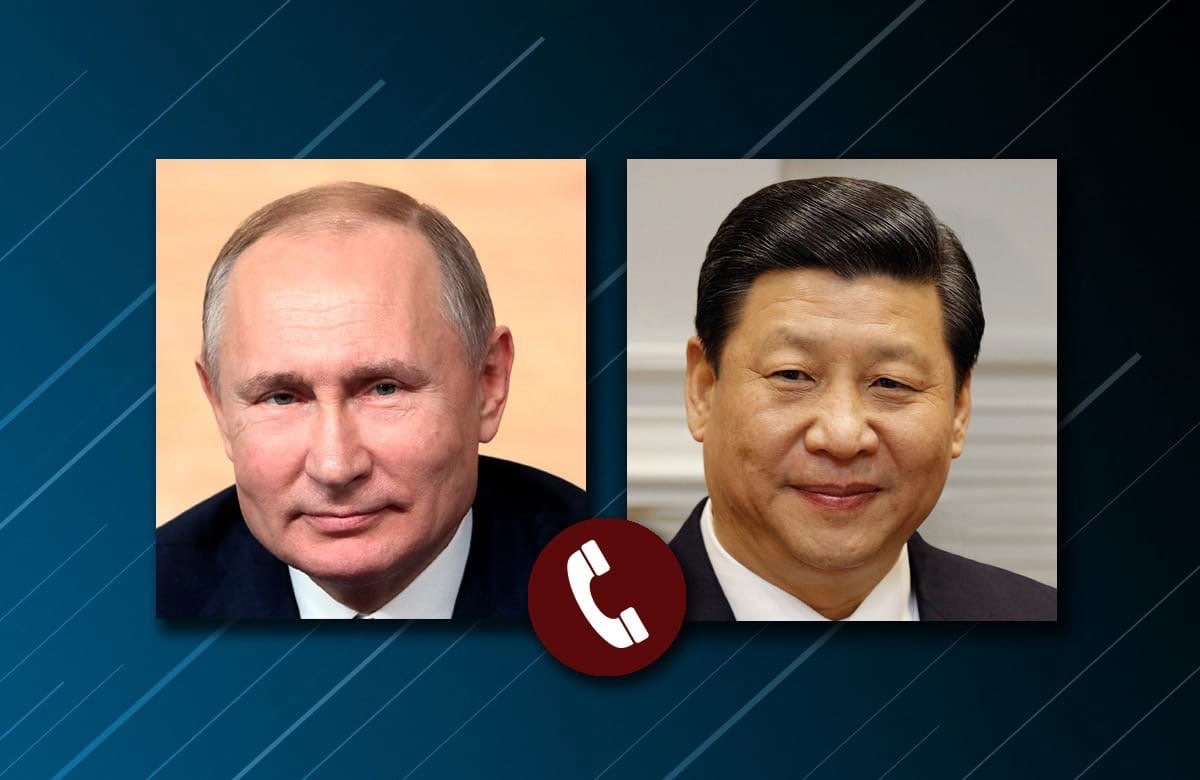
IPI delegation consulting editors at Avani hotel in Gaborone, Botswana
*IPI urges close monitoring of the Press freedom situation in the country
The Pan Afrikanist Watchman
The independent media environment in Botswana faces key risks and challenges that require close monitoring, the IPI global network said following a three-day fact-finding visit to Botswana on August 22 to 24. Botswana’s government should affirm its stated commitment to press freedom by shoring up protections for independent journalism in the country.

During our visit, the high-level IPI delegation, led by former IPI Executive Board Chair Markus Spillmann, met with journalists, civil society, government, and members of the diplomatic community. The goal of these meetings was to understand more about the media environment and the challenges that journalists in Botswana face in being able to do their work freely, independently, and safely.
At the conclusion of these meetings, IPI finds that while there is space for critical media and independent journalism in Botswana, and while recent media law reforms have been seen positively by the media community, further reforms and improvements are needed in order to strengthen the environment for press freedom and to ensure that all media in the country are able to operate free of political and government interference.
We commend the current government for working in close consultation with media stakeholders to draft and pass a revised press regulation law. Diverse members of the media community agree that the 2022 Media Practitioners Act is a clear improvement over a 2008 version that was rejected by stakeholders and never implemented. Notably, the new law establishes a regulatory body composed of members selected by the journalism community and civil society. While not purely self-regulatory the new system is nevertheless a step up from the previous law and helps assuage concerns about government interference in media regulation present in the 2008 version. We urge President Masisi to sign this bill into law without delay.
We also welcome the government’s stated intention to draft long-awaited freedom of information legislation, after more than a decade of calls for such a law by many journalists and advocates. The right to access to information held by public authorities is vital for the media to carry out its essential watchdog role. We strongly urge the government to develop this legislation in full consultation with domestic and international stakeholders to ensure it can be effectively implemented and reflects established international access to information standards.
Alongside these positive steps, we find that the media situation in Botswana calls for close monitoring and reforms in the following areas:
Government control over public media. Botswana lacks true public service media. Instead, the country’s publicly owned media serve as a mouthpiece for the ruling Botswana Democratic Party (BDP). Strong reforms are necessary in order to ensure the country’s public media can operate free of government and political inference, in accordance with international freedom of expression standards guaranteeing the public’s right to receive diverse and independent news and information.
Misuse of government advertising. As in many media markets, private media in Botswana rely on advertising revenue for survival, including state-funded advertising, given the country’s small market. However, numerous stakeholders highlighted that publicly funded advertising in Botswana is misused as a tool of influence and control. The government should take concrete steps to enable fair market conditions for private media, including ensuring that public advertising is allocated transparently and according to clear and objective criteria.
Use of strategic lawsuits (SLAPPs) to punish the critical press. Editors and journalists report an increase in strategic lawsuits against the media – or “SLAPPs” – aimed at draining independent outlets of vital resources. These abusive lawsuits are brought against media outlets as a way of punishing and stifling critical journalism and have a deeply corrosive effect on press freedom. Botswana should adopt concrete mechanisms for preventing these types of lawsuits, such as an early dismissal mechanism or sanctions for those who bring vexatious litigation.
Use of penal code against journalists. IPI is concerned about the use of provisions in the criminal code, including sedition, to charge journalists for their reporting. Botswana should work to bring its criminal laws in line with international standards on freedom of expression and ensure that journalists do not face criminal prosecution for their work.
Unlawful seizure of journalists’ equipment. Editors and journalists report that police and intelligence agencies routinely seize reporters’ equipment — including mobile phones, cameras, and laptops — without any legal basis or a warrant. We are deeply concerned that these types of actions are a form of censorship, surveillance, and intimidation that pose undue restrictions on the press.
Expansive government intelligence apparatus and powers. Even after the government rolled back controversial provisions of the 2022 Criminal Procedures and Evidence Act that allowed for warrantless surveillance of journalists, stakeholders continue to voice credible concerns over the expansive and unchecked powers of the government’s intelligence agency, Directorate of Intelligence and Security Services (DISS), and the potential for government overreach and abuse.
We remind the government of Botswana that a free, independent, and diverse media is essential to upholding a system of independent institutions and robust checks and balances.
We also recognize that establishing the ideal legal, regulatory, and market conditions that enable independent media to thrive is especially challenging in today’s media environment. IPI, therefore, stands ready to work with all stakeholders in Botswana to help ensure that media are able to operate freely and independently. We also urge the international and diplomatic community to prioritize press freedom in Botswana, as free, pluralistic, and independent media are essential for the country’s democracy and stability.
In addition to former IPI Executive Board Chair Markus Spillmann, the IPI delegation was led by IPI Deputy Director Scott Griffen, IPI Director of Advocacy Amy Brouillette, and IPI Africa Programme Manager Patience Zirima.









